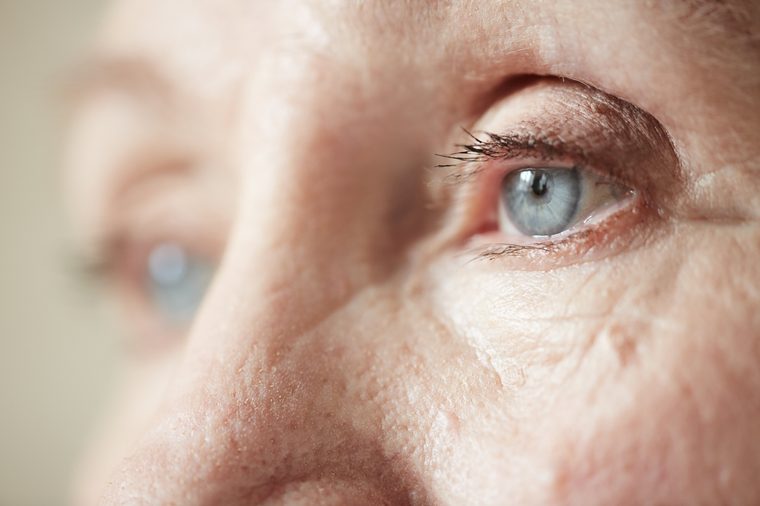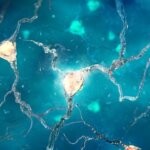Impaired eyesight and hearing may heighten the risk of dementia, according to a study released in the journal Neurology.
The research focused on more than 6,000 participants between the ages of 58 and 101. Questionnaires were administered to assess their level of eyesight and hearing.
The study showed that the participants with both impairments were more likely to have dementia. “In that group, 201 people out of 2,631, or 8%, had dementia at the start of the study, compared to 2.4% with one sensory impairment and 2.3% with no sensory impairment,” the authors wrote in a news release.
“During the six-year follow-up period, 245 people developed dementia. Of the 1,964 people with both impairments, 146 developed dementia, compared to 69 of the 2,396 people with one impairment and 14 of the 737 people with no impairments. In addition, 16 out of 142 people who could not determine whether they had a sensory impairment developed dementia,” they also wrote.
“Older people with only a visual or hearing impairment can usually still maintain social contact, so they may not feel be as isolated or depressed as people who have both impairments. However, when someone has both impairments, that may increase the risk of isolation and depression, which previous research has found may affect dementia risk and thinking skills later on,” it was concluded in the news release.


